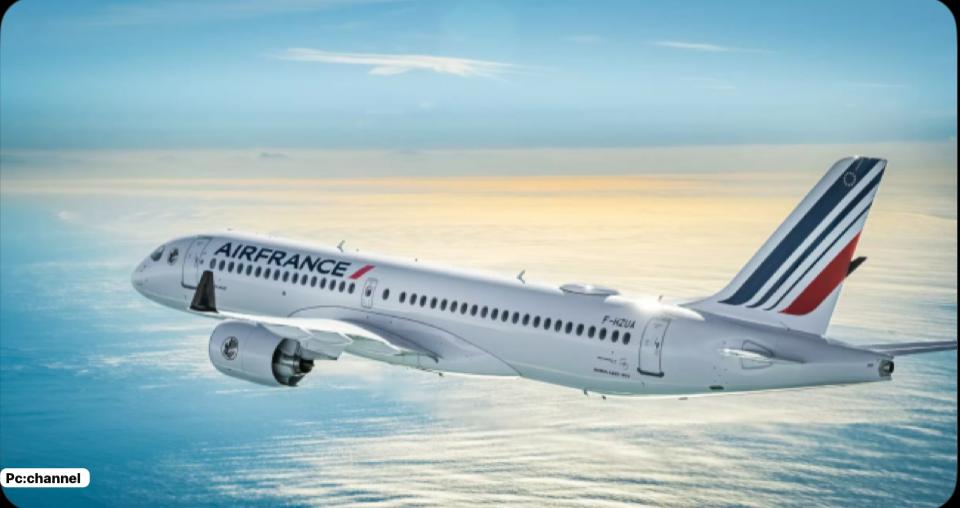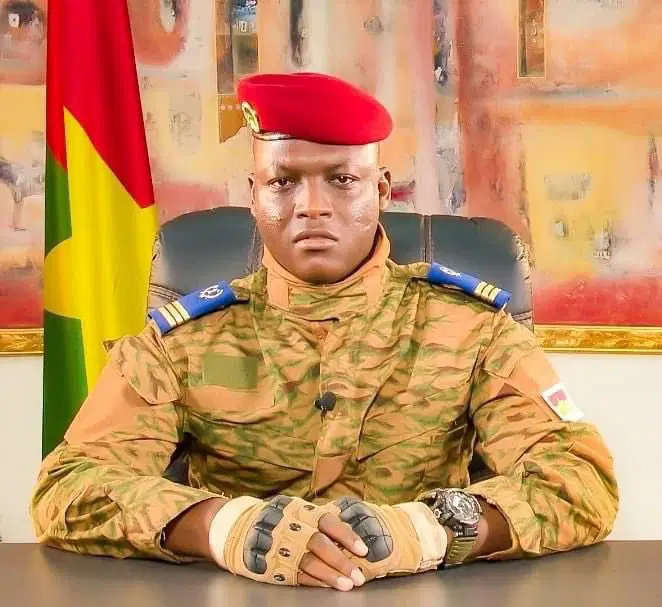Air France, Airbus Back on Trial Over 2009 Rio–Paris Crash

Air France and Airbus returned to the dock in Paris this week as the retrial began over the 2009 crash of Flight AF447 that killed all 228 people on board. The case, one of the most closely watched in modern aviation history, was reopened after prosecutors appealed a 2023 ruling that had acquitted both companies of manslaughter and negligence. That earlier decision acknowledged failures but concluded that no direct causal link could be established between the companies’ actions and the tragedy. Families of the victims, many of whom have spent more than a decade seeking accountability, strongly condemned the acquittal and pressed for a new trial, describing it as the only path to justice. The crash occurred on June 1, 2009, when Air France Flight AF447, an Airbus A330, vanished over the Atlantic while flying from Rio de Janeiro to Paris. Investigations later revealed that the aircraft’s pitot tubes, which measure airspeed, froze at high altitude as the plane flew through a tropical storm. This caused inconsistent speed readings in the cockpit and left the flight crew disoriented. Instead of stabilizing the aircraft, the pilots made incorrect control inputs that placed the plane into a sustained aerodynamic stall. For more than four minutes, the jet lost altitude before crashing into the ocean, killing passengers and crew from more than 30 countries. The final accident report pointed to a combination of design shortcomings and human error. Airbus faced criticism for not addressing the known vulnerability of the pitot tubes quickly enough, while Air France was accused of failing to sufficiently train its pilots to handle such emergencies. The disaster shocked the world and forced the aviation industry to confront uncomfortable questions about pilot training and reliance on automated systems. It also led to significant reforms, including changes to cockpit procedures, enhanced training on stall recovery, and modifications to aircraft sensor systems. For families of the victims, however, technical improvements did little to ease their pain. They insist the retrial is not only about securing punishment but also about ensuring corporate accountability. Outside the court, representatives of the families voiced frustration at years of legal delays and expressed determination to see justice served. They argue that both Air France and Airbus placed passengers at risk by failing to act on known safety concerns, and that only a clear acknowledgment of responsibility will bring closure. Legal experts believe that even if the companies are found guilty this time, penalties are likely to be financial rather than custodial. Yet the retrial carries immense symbolic weight, testing the ability of criminal law to hold large corporations accountable in cases where technological complexity and human factors intersect. The court is expected to hear testimony from aviation specialists, survivors’ families, and company representatives over the coming weeks, with a verdict not expected until later. Sixteen years after Flight AF447 fell into the ocean, the case remains a painful reminder of the consequences of lapses in aviation safety. It is also a test of how far the justice system is prepared to go in assigning blame when corporate decisions and human error combine to cause catastrophic loss of life. For the families who continue to wait, the trial is about more than punishment; it is about truth, recognition, and the hope that such a tragedy never happens again.









